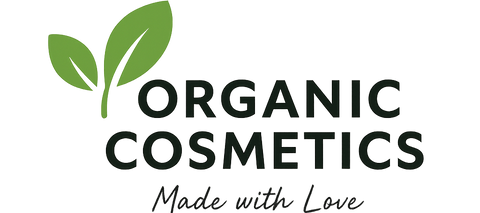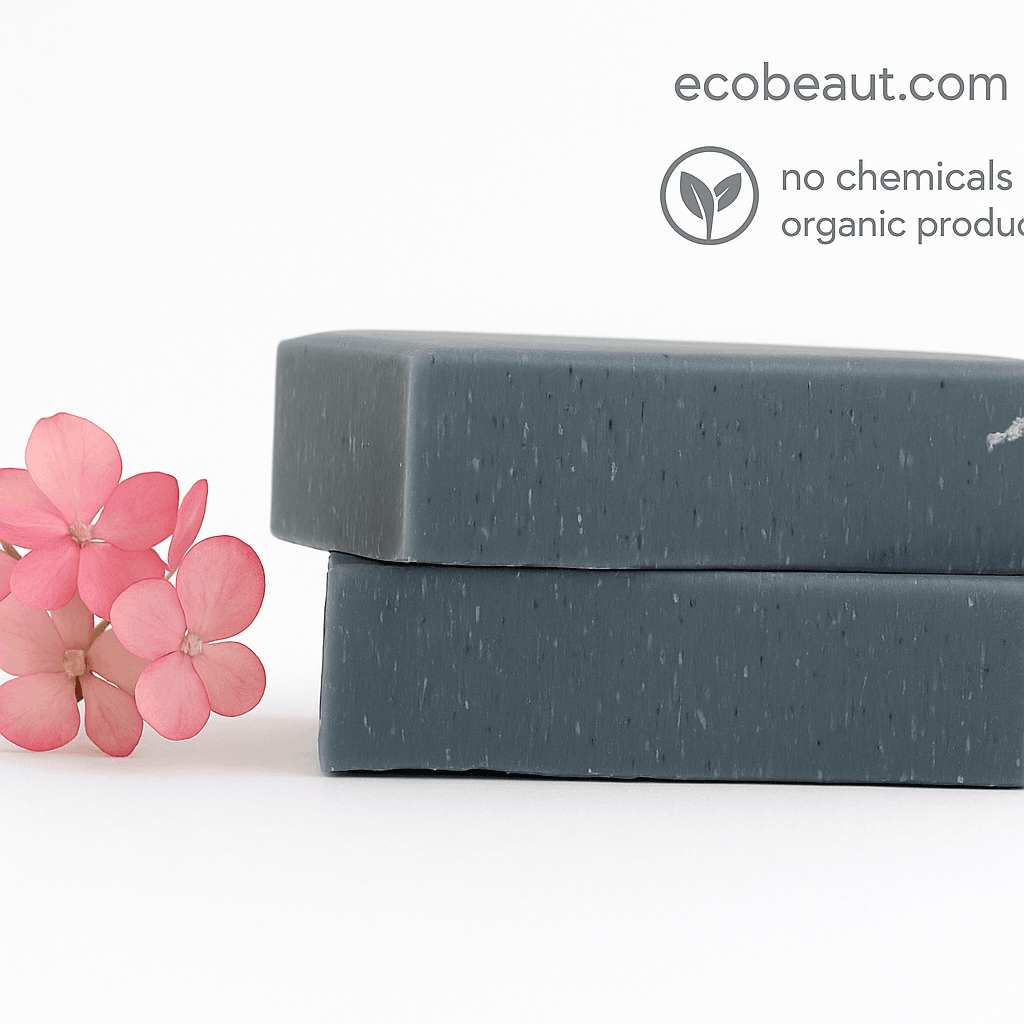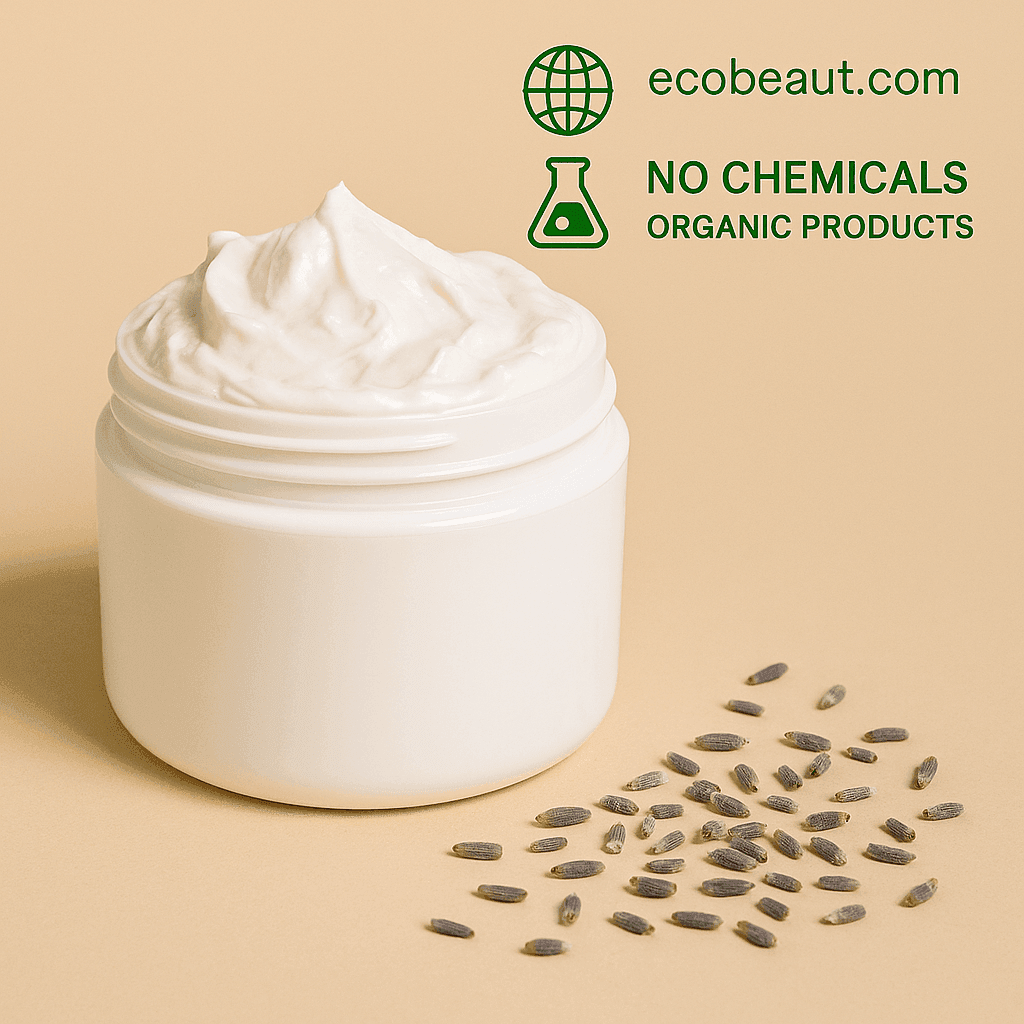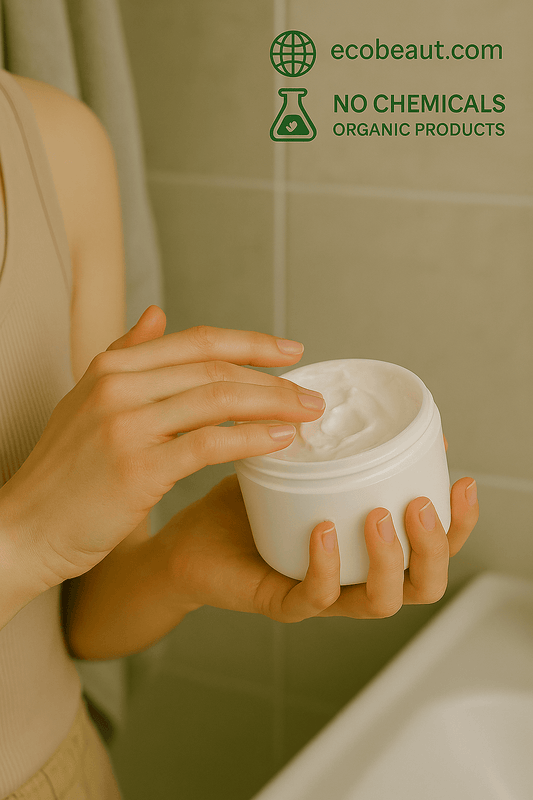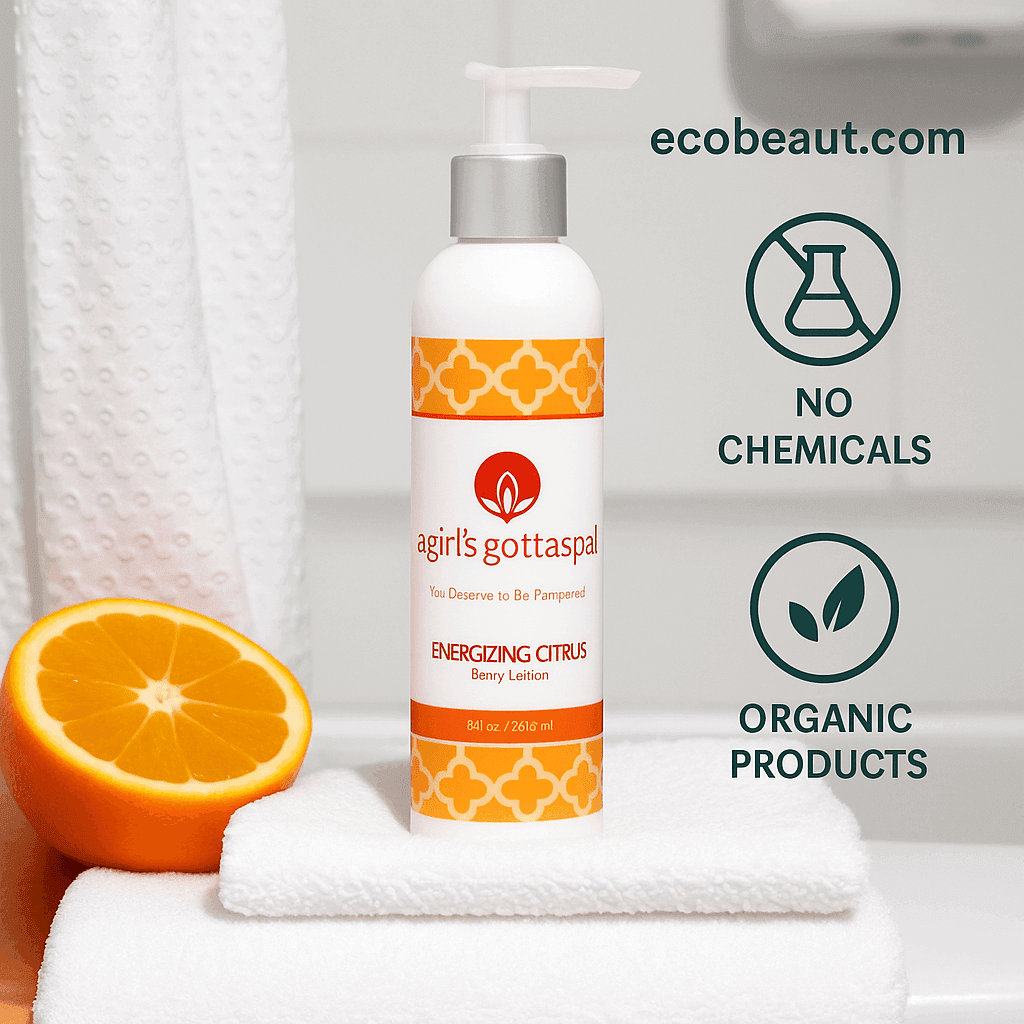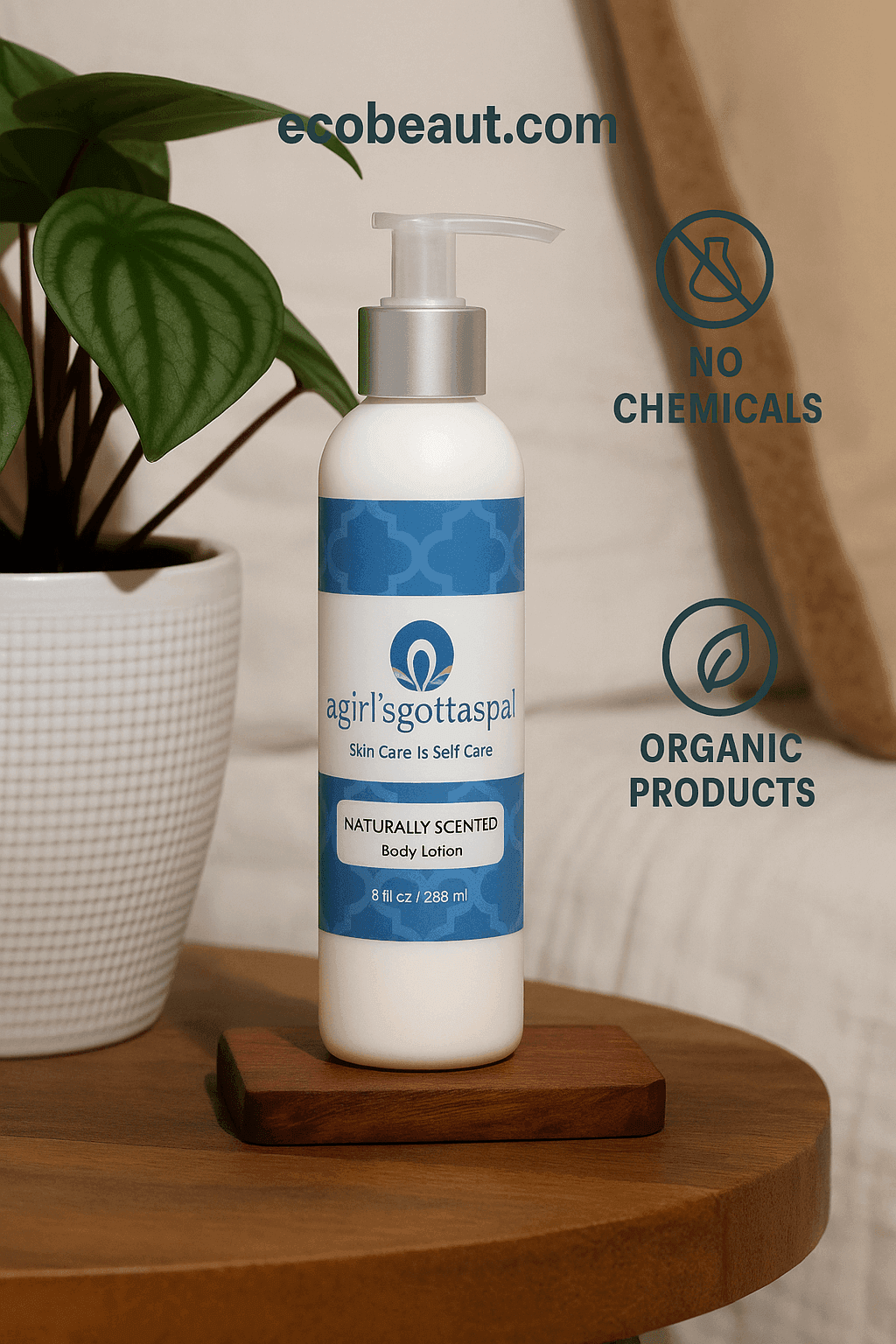The beauty industry is rapidly shifting towards sustainability, with eco-friendly beauty products taking center stage. Among these, organic face masks stand out as a popular and effective way to nurture the skin while respecting the environment. This article dives into the innovative technologies behind the production of organic face masks and highlights their benefits for both users and the planet.
What Are Eco-Friendly Beauty Products?
Eco-friendly beauty products are formulated using natural and sustainable ingredients that are gentle on the skin and the environment. Unlike traditional cosmetics, they avoid harmful chemicals, prioritize biodegradable packaging, and reduce waste during production.
Organic face masks, as part of this movement, focus on providing effective skincare solutions with minimal environmental impact. These masks are often infused with natural botanicals, clays, and oils, making them ideal for all skin types.
Technologies Behind Organic Face Mask Production
The production of eco-friendly beauty products, particularly organic face masks, relies on advanced and sustainable technologies. Here are the key innovations:
1. Cold Processing Technology
Cold processing is a method that avoids high temperatures, preserving the active nutrients in natural ingredients.
-
Benefits:
- Retains vitamins, antioxidants, and minerals.
- Reduces energy consumption during production.
- Ensures the final product remains as natural as possible.
2. Sustainable Ingredient Sourcing
Producers of organic face masks prioritize sourcing raw materials from certified organic farms.
-
Key Practices:
- Using renewable plant-based resources.
- Supporting fair trade and local farmers.
- Avoiding harmful pesticides and synthetic fertilizers.
3. Waterless Formulations
To reduce water waste, many manufacturers are developing waterless formulas for face masks.
-
Advantages:
- Concentrated products with longer shelf life.
- Decreased need for preservatives.
- Lower water consumption during production.
4. Biodegradable Packaging
Packaging plays a critical role in ensuring the sustainability of beauty products.
-
Technologies Used:
- Compostable materials like bamboo or sugarcane fiber.
- Minimalist designs to reduce excess waste.
- Recyclable containers to promote circular usage.
5. Advanced Extraction Methods
Innovative extraction techniques like CO2 extraction help preserve the potency of natural oils and extracts.
-
Why It’s Important:
- Avoids the use of harsh solvents.
- Produces pure, high-quality ingredients.
- Enhances the efficacy of the face mask.
Key Ingredients in Organic Face Masks
Eco-friendly beauty products utilize the power of natural ingredients to deliver effective results. Some commonly used components in organic face masks include:
- Kaolin Clay: Gently detoxifies and soothes sensitive skin.
- Aloe Vera: Hydrates and calms irritated skin.
- Charcoal: Deep cleans pores and removes impurities.
- Green Tea Extract: Packed with antioxidants to fight free radicals.
- Rosehip Oil: Promotes skin regeneration and reduces signs of aging.
Benefits of Eco-Friendly Organic Face Masks
-
Skin-Friendly:
Free from harmful chemicals, organic masks reduce the risk of irritation and allergies. -
Environmentally Conscious:
Sustainable production processes and biodegradable packaging minimize their ecological footprint. -
Rich in Nutrients:
The use of cold-pressed and natural ingredients ensures masks are packed with vitamins and antioxidants. -
Customizable:
Many brands now offer DIY kits, allowing users to create personalized face masks tailored to their skin’s needs.
How to Use Eco-Friendly Face Masks for Maximum Benefits
-
Cleanse Your Skin:
Start with a clean face to allow the mask’s nutrients to penetrate deeply. -
Apply Evenly:
Use a brush or your fingertips to spread the mask in a thin, even layer. -
Relax and Wait:
Let the mask sit for 10-15 minutes, giving the active ingredients time to work. -
Rinse and Moisturize:
Wash off with lukewarm water and follow up with a natural moisturizer.
Conclusion
Eco-friendly beauty products, like organic face masks, represent a harmonious blend of effective skincare and environmental responsibility. By embracing sustainable technologies such as cold processing, waterless formulations, and biodegradable packaging, manufacturers are setting new standards for the beauty industry.
Switching to organic face masks not only benefits your skin but also contributes to a healthier planet. Embrace the future of skincare and enjoy the natural glow that comes with eco-friendly beauty!
